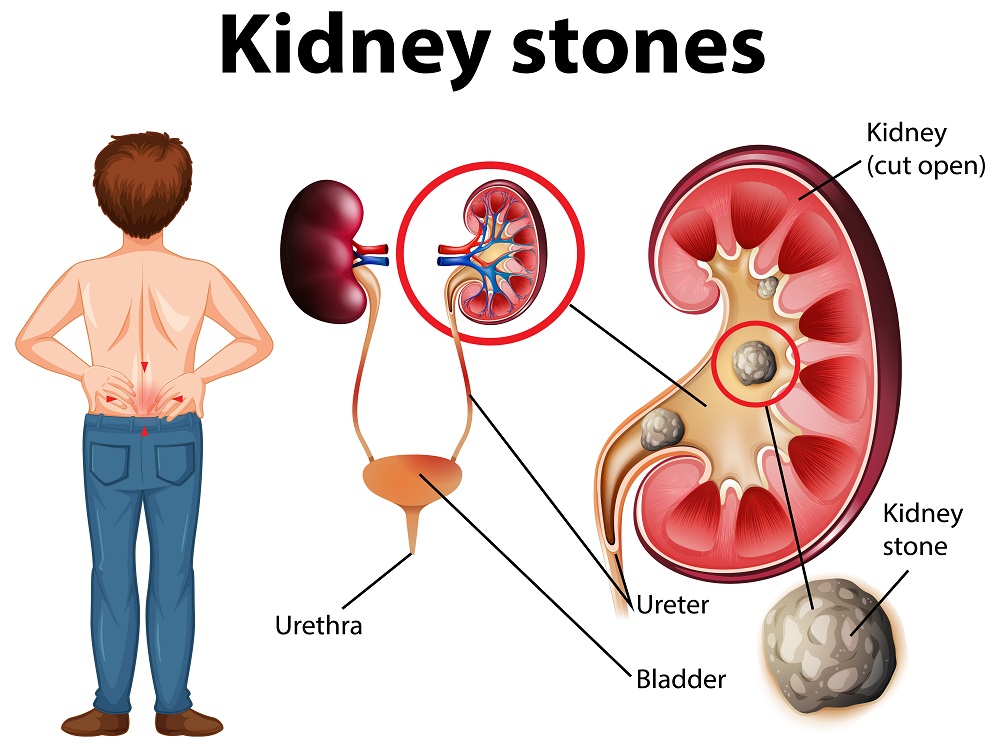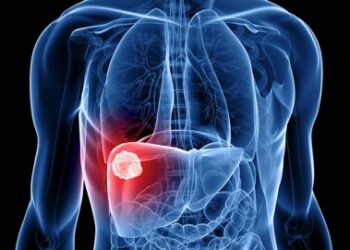Stones are hard, solid masses formed in the kidneys that can cause severe pain and discomfort. This article will discuss the symptoms, causes, types, and treatment options for kidney stones.
Symptoms:
The symptoms of kidney stones can vary depending on the size, location, and type of stone. Some of the most common symptoms include:
Sharp pain in the back, side, or lower abdomen
- Painful urination
- Blood in the urine
- Nausea and vomiting
- Frequent urge to urinate
- Difficulty passing urine
- Fever and chills (in case of infection)
Causes:
Kidney stones are formed when there is an excess of minerals and salts in the urine, which crystallize and form solid masses. Some of the most common causes of kidney stones include:
Dehydration
- High levels of calcium, oxalate, or uric acid in the urine
- Family history of kidney stones
- Medical conditions such as gout, urinary tract infections, and chronic kidney disease
- Certain medications, such as diuretics and antacids
Types:
There are several types of kidney stones, including:
- Calcium stones: The most common type of kidney stone, made of calcium oxalate or calcium phosphate.
- Uric acid stones: Formed due to high levels of uric acid in the urine, often seen in people with gout.
- Struvite stones: Formed due to urinary tract infections.
- Cystine stones: Rare genetic condition where the body produces too much cystine.
Treatment:
Treatment for kidney stones depends on the size, location, and type of stone. Some standard treatment options include:
- Drinking plenty of water to help flush out the stone.
- Pain relief medication to manage the pain and discomfort.
- Medications to help dissolve the rock, such as citrate or allopurinol.
- Extracorporeal Shock Wave Lithotripsy (ESWL) uses shock waves to break the stone into smaller pieces.
- Ureteroscopy, where a small scope is inserted into the ureter to remove the stone.
- Percutaneous Nephrolithotomy (PCNL), where a small incision is made in the back to remove the stone.
Prevention:
Several lifestyle changes can help prevent kidney stones, including:
- Drinking plenty of water to stay hydrated.
- Eating a balanced diet low in salt and high in calcium and fiber.
- Limiting intake of high-oxalate foods such as spinach, beets, and rhubarb.
- Avoiding sugary drinks and excessive alcohol consumption.
- Taking medications as prescribed to manage underlying medical conditions.
In conclusion, kidney stones can cause significant pain and discomfort. It is essential to seek medical attention if you experience any symptoms of kidney stones, as prompt treatment can help prevent complications and reduce the risk of recurrence.


















